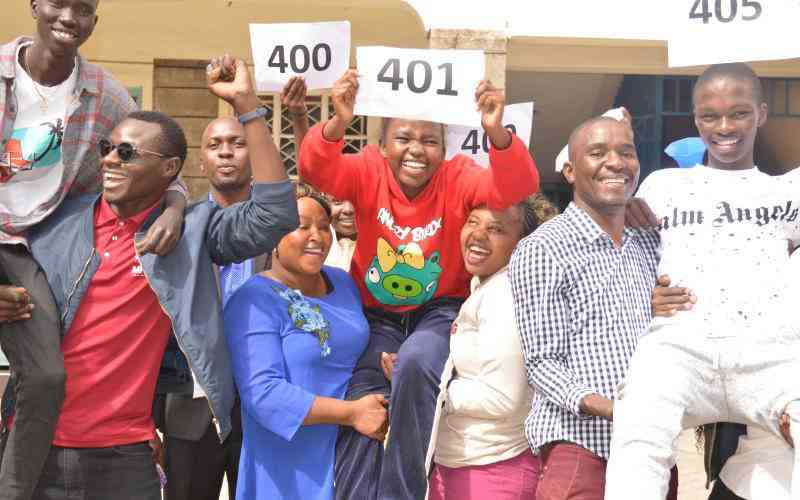
Failure by the Education Cabinet Secretary Ezekiel Machogu to name top performers in the 2022 Kenya Certificate of Primary Education (KCPE) examination has been met by mixed reactions.
While announcing the results, the CS started by congratulating all the candidates for securing a place in the secondary school. He then went to statistics, which indicated a slight improvement compared with the performance of the last year. He concluded by announcing, without giving the name, that the highest candidate had attained 431 marks.